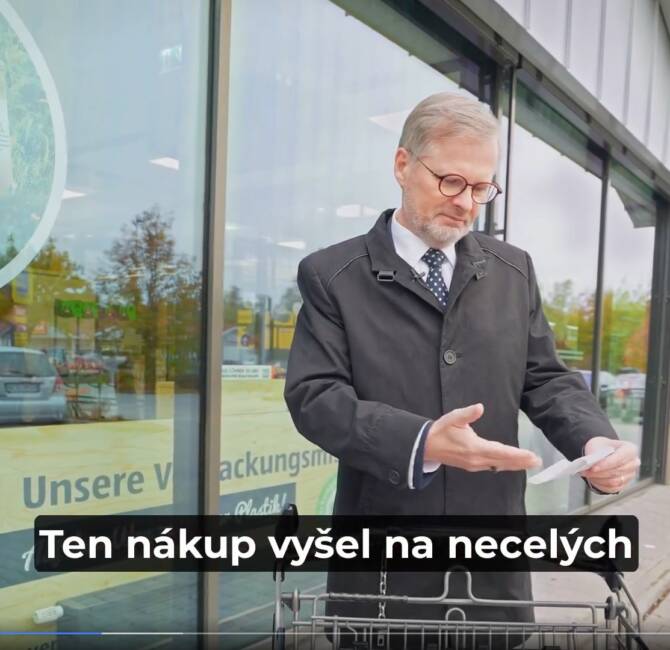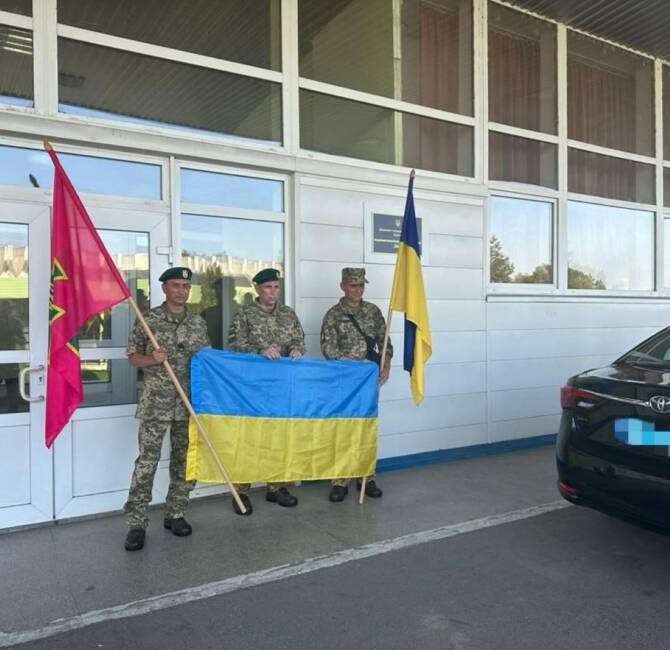Ukraine – In the midst of the war with Russia, on 13 December, the Ukrainian parliament amended (by 324 votes out of 421) the law on national minorities, thus fulfilling one of the necessary conditions to start negotiations for membership of the European Union.
Article 5 of this law now guarantees social, economic, cultural and linguistic rights and freedoms for all Ukrainian citizens whether or not they belong to national minorities, and the amended law reinstates these minorities’ right to use their own languages and to preserve their cultural identity.
At first glance, this about-face on the part of Ukraine would seem to satisfy the Budapest-backed demands of the Hungarian minority in Subcarpathia (called Transcarpathia outside Hungary), whose rights as an indigenous ethnic minority had been reduced by the language clause of the education law passed in 2018 and by legislation passed in 2019 that reinforced the role of Ukrainian as the only state language.
This bone of contention has led Hungary to block Ukraine in all international forums since 2017, as Ukraine refused to adapt its laws that were seemingly aimed at “Ukrainising” national minorities. The Hungarian Subcarpathian minority is about 100 to 150 thousand strong.
Hungarian scepticism
On the Hungarian side, the Rada’s vote is perceived as a smoke screen that will not change much for Ukraine’s linguistic minorities. The Hungarian Cultural Union of Subcarpathia and the Hungarian Democratic Union of Ukraine, representing the Hungarian minority in this western region of Ukraine (which was part of Hungary before 1920 and between 1939 and 1945), point out that in the amended law, the use of a language is defined only as an “individual right” that does not place duties on the public administration and on the ministry of education, and that “the law does not provide adequate institutional bases and legal mechanisms to enforce and protect the rights of national minorities.
[… It] does not guarantee either the preservation of compact ethnic settlements or the use of nationality symbols.”
This opinion is shared by the authorities in Budapest. The Foreign Affairs Ministry, Máté Paczolay, has said that “the current Ukrainian legislation continues to harm minorities and perpetuates the deprivation of the rights of Hungarians in Subcarpathia.
[…] The Ukrainian law on national minorities still does not guarantee the free use of national symbols. It makes it difficult to support minority organisations and blocks media operating in minority languages, and it does not guarantee the prohibition of forced assimilation.”




